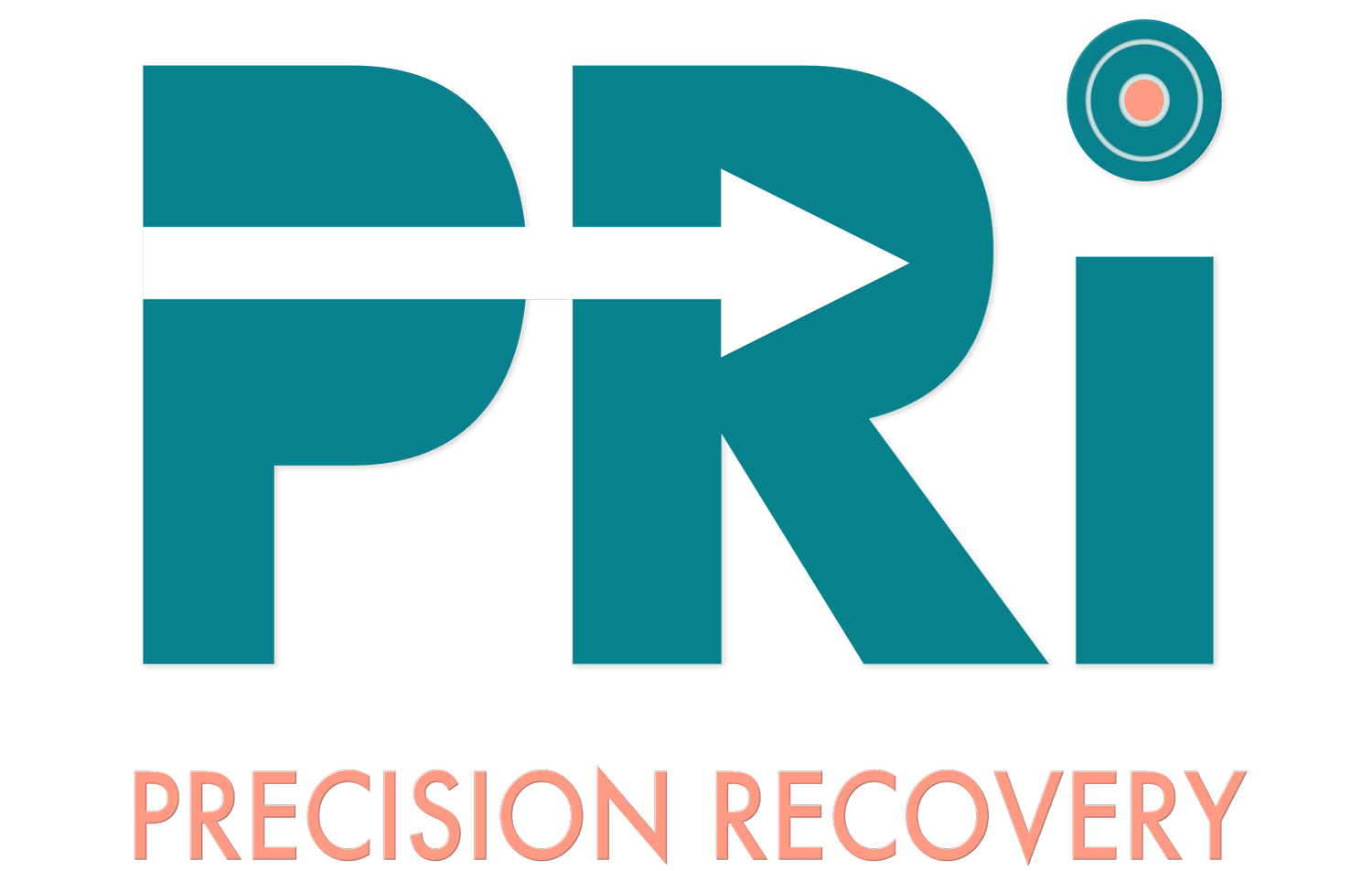Understanding Post-Stroke Fatigue and Managing Energy Levels
Life after a stroke is a journey of resilience and recovery, and while the physical challenges might be evident, the invisible battle with post-stroke fatigue can often be just as daunting. Post-stroke fatigue is a common but often misunderstood condition that can impact a survivor's energy levels and overall well-being. The good news is that by understanding this phenomenon and adopting effective strategies, one can regain control over their energy levels and embrace a fulfilling life.
What is Post-Stroke Fatigue?
Post-stroke fatigue is a sense of profound tiredness that often goes beyond the usual exhaustion we all experience from time to time. It can be both physical and mental, leaving survivors feeling drained and even demotivated. This fatigue might not necessarily correlate with the amount of physical activity undertaken and can strike unexpectedly. Understanding that post-stroke fatigue is a legitimate and recognized consequence of the brain's healing process is the first step towards addressing it.
Managing Energy Levels
Managing energy levels after a stroke requires a holistic approach that considers both physical and emotional well-being. It's essential to listen to your body and give it the rest it needs without feeling guilty. Prioritizing sleep, maintaining a balanced diet, and staying hydrated are fundamental steps in nurturing your body's recovery. Moreover, pacing activities and breaking them into manageable segments can help prevent overwhelming fatigue. Engaging in light exercises, such as gentle stretches or short walks, under the guidance of a healthcare professional, can also boost your energy over time.
Embracing a Fulfilling Life
While post-stroke fatigue might present its challenges, it should not define your life. With patience, positivity, and support from loved ones, you can gradually regain your strength and reengage in activities you enjoy. Setting realistic goals and celebrating small victories along the way can provide a sense of accomplishment and boost your confidence. Additionally, staying socially connected and seeking emotional support through support groups or counseling can contribute to your overall well-being and help you navigate the emotional aspect of recovery.
In conclusion, understanding post-stroke fatigue is pivotal in embarking on a successful recovery journey. By acknowledging its presence, adopting mindful strategies to manage energy levels, and embracing a positive outlook, you can regain control over your life and work towards a future filled with vitality and fulfillment. Remember, you're not alone in this journey – there's a network of support ready to guide you every step of the way.
